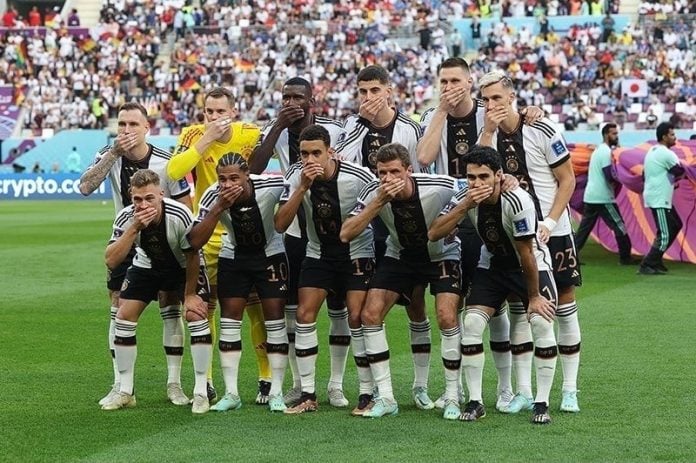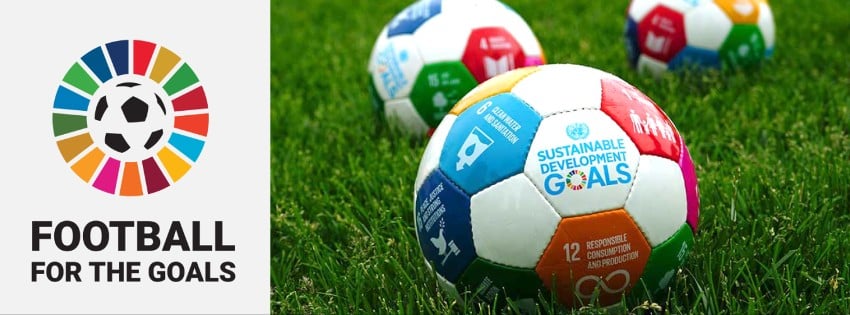What do the German Ilkay Gündoğan, Frenchman Eduardo Camavinga and Spaniard Nico Williams have in common? Yes, they are among the star players of the Euro 2024, the European championship of male national football teams in Germany this summer. However, they are also, like many other participants in Euro 2024, sons of migrants and refugees.
Some of the players owe their success to incredible sacrifices by their parents. Although Nico Williams of Spain was born in the famous bull-running city of Pamplona, he is, as his name indicates, not an ethnic Spaniard.
Barefoot across Sahara
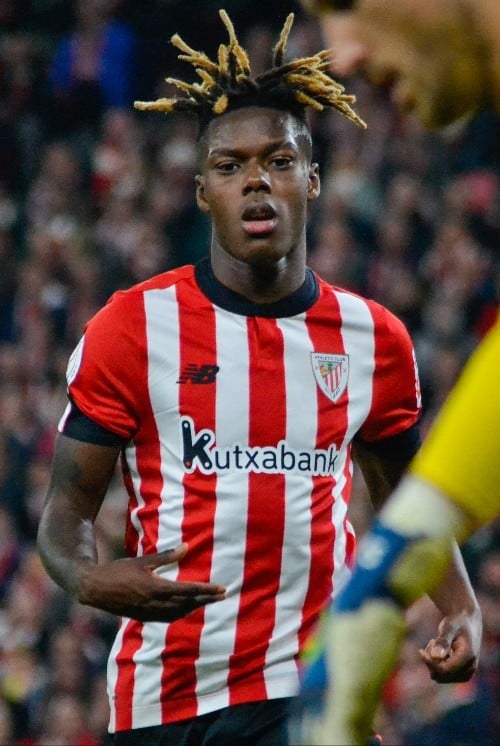
His Ghanaian parents had to cross the Sahara desert barefoot to seek a better life. After terrible hardships, including betrayal by human smugglers, they reached the Spanish enclave of Melilla in Morocco and then the Spanish mainland. Nico’s elder brother, Iñaki, is his teammate at Athletico Bilbao, who, despite having played for Spain, later switched allegiance to Ghana, his parents’ homeland.
Just as Nico enjoyed the guidance of his brother Iñaki at Athletic, he assumed the role of an older brother to Lamine Yamal in the national team. Not because of common origins – Yamal is of Moroccan and Equato-Guinean descent – but because of their relative youth. Williams turns 22 on 12 July and Yamal 17 on 13 July, incidentally the day before the final of Euro 24.
Motivation in hardship
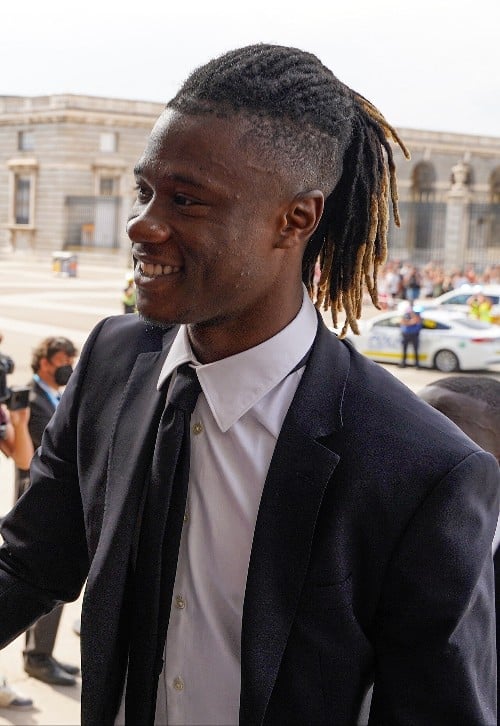
The Williams brothers have often crossed paths with French international Eduardo Camavinga in La Liga in Spain, where he plays for Real Madrid. Camavinga’s background is not less dramatic. He was born to Angolan-Congolese parents in a refugee camp in Angola, having fled the civil war in DR Congo, before reaching France. He has stated that his source of motivation is the hardships his family has endured, not only as refugees in Africa but also after their house in France burnt down.
German footballer İlkay Gündoğan is no stranger to Camavinga and the Williams brothers since he plays professional football in Spain for Barcelona. Although he is the captain of the “Mannschaft” – the German national team – he has had his share of controversy. He had to endure being jeered by his own fans after he referred to Recep Erdoğan as “his president” after a meeting with the Turkish head of state in 2018.
Son of Gastarbeiter captains the Mannschaft
Gündoğan’s story is less eventful than the players with an African background, but perhaps more typical of the historical patterns of migration in Europe. He was born in Gelsenkirchen to Turkish parents after his grandfather moved from Turkey to Germany to work as a “Gastarbeiter” in mining.
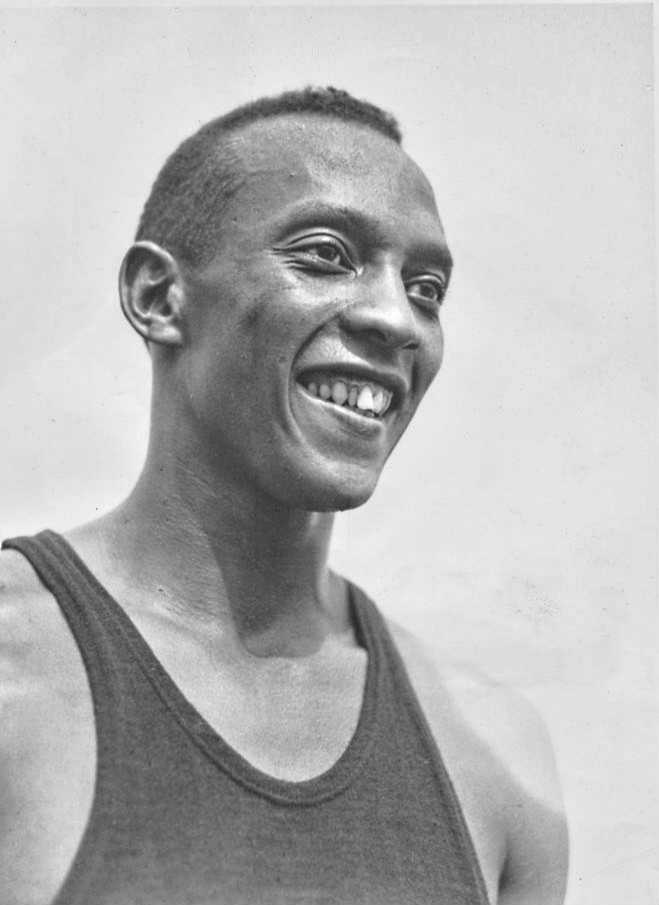
Public Domain
The German team at Euro 2024 shows how much water has flowed under the bridge since 1936 when the US African-American athlete Jesse Owen was the star of the Berlin Olympics, much to the annoyance of the host country’s leader.
Now, German captain Gündoğan is by no means the only German player who would not have been on a German team when racial discrimination was official policy. Many other star players, such as Jamal Musiala, Antonio Rüdiger, Jonathan Tah and Leroy Sané, have some African roots.
Reflection of Colonial Past
The same story holds true for most of the teams at Euro 2024. Nineteen of the 25 members of the French national team are at least partly of African origin, including Kylian Mbappé whose parents come from Algeria and Cameroon. Some others, like Antoine Griezman and Theo Hernandez are partly Portuguese and Spanish.
Like the French, the English team mirrors the country’s colonial past, with players like Jude Bellingham, Bukayo Saka and Trent Alexander-Arnold partly of African origin.
Switzerland never had colonies, but the country has a large population from the Balkans, which is reflected in the national team with three ethnic Albanian veteran players, including captain Granit Xhaka, Xherdan Shaqiri and Ardon Jashari.
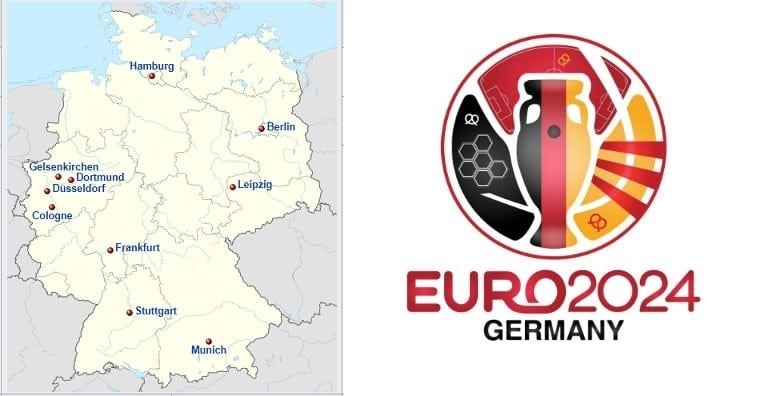
Other players have ancestry in countries such as Greece, Spain, Chile, Turkey, Tunisia, the Dominican Republic and six African countries: Cameroon, Nigeria, Ghana, Senegal, South Sudan and D.R. Congo.
These are only some examples, far from being exhaustive, for the teams at Euro 2024. Migrants and refugees have benefitted from the fact that football in Europe has long served as a vehicle for social ascension. Most players with migrant origins are now of African ancestry. Thirty or forty years ago most migrant players were from families that came from southern and eastern Europe.
Football for the Goals
UEFA, the organizer of Euro 2024 is a member of the United Nations Football for the Goals. As Amina J. Mohammed, Deputy Secretary–General of the United Nations, said at the launch of the initiative: “All you need is a ball for people to come together. Every day, millions worldwide play the game, whether on a makeshift field, in a schoolyard or in a giant stadium.”
The Goals in the name of the initiative refer both to the goals of football and the Global Goals for Sustainable Development, covering 17 interlinked objectives to address the global challenges we face, including poverty, inequality, climate change, environmental degradation, peace and justice. To leave no one behind, it is essential that we achieve them all by 2030.
Euro 2024 aims to have sustainability at the core of its operations in support of the Sustainable Development Goals.

